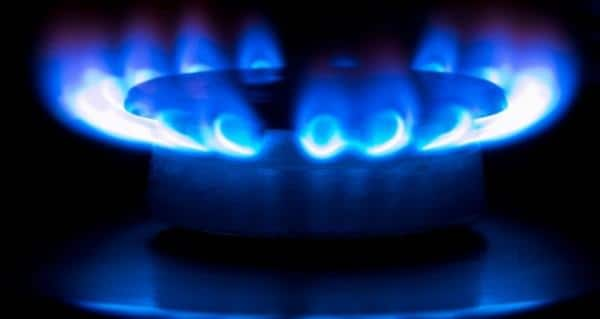Steps you should take in case of an LPG cylinder gas leak
Here's what you should do in case of a gas explosion.
Dr Anitha Anchan
Commonly used in our everyday lives, LPG cylinders are something most of us wouldn’t be able to cook without. But these harmless looking cylinders can actually be dangerous.
Known to cause horrific mishaps, LPG cylinders can leak and cause severe damage to both your health and property. In this post we answer all your health and safety related queries about cylinders.
How does a LPG gas leak occur?
Gas leaks can occur from defective rubber tubing (ones that connect the cylinder’s outlet to our burner), faulty regulator fitting and poor handling of gas appliances. Apart from that leaving the dish you are cooking unattended can cause the food to spill over, which in turn douses the burner and causes gas leak.
What are the risks associated with an LPG leak?
LPG contains gas, which, under pressure is highly flammable. There could be two main kinds of health hazards associated with a gas leak –
Hazard#1: Those occurring due to inhalation of the gas
If inhaled, it can displace air, deprive your lungs of oxygen and cause hypoxia leading to suffocation. The gas can also affect your brain and nervous system and cause euphoria (happy feeling), difficulty walking or speaking, dizziness, hallucinations, lack of coordination, nausea and loss of consciousness. Repeated exposure may cause mood swings, depression, seizures, brain haemorrhage and impaired memory. It may also damage your heart by causing irregular heart beat and high blood pressure. It may also reduce blood cells, damage lungs and cause liver and kidney inflammation.
Hazard#2: Those occurring due to explosion of the gas if there is a source of ignition
Explosion from LPG can result in serious burns and can cause multiple injuries and even, death. Blast shock waves can affect the ears, lungs and hollow organs of the gastrointestinal tract of a person is close proximity to the blast site. Apart from that, your lungs may be damaged and bleed or swell up due to the impact. The explosion may also cause injury from fragments and other objects propelled in air. It also causes displacement of air that can throw victims, especially young children, against solid objects and cause injury like bone fractures. There may also be hidden brain injury and potential neurological consequences. Even if not injured, some people may experience post-traumatic stress disorder due to the psychological trauma.
It is easy to recognize a gas leak due to its powerful, pungent odour. You can also install electronic gas leak sensors in your house.
What you should do in case of a gas leak
The smallest spark or flame can ignite gas fumes and cause an explosion, so here are the steps you should take:
- When a gas leak is suspected, extinguish all flames, incense sticks, etc.
- Close the LPG regulator and put the safety cap on the cylinder.
- Don’t light matches (or a lighter).
- Do not switch on/off any electrical switches or appliances.
- Open the doors and windows to ventilate your house.
- Isolate main electrical supply from the outside.
- Call your gas supplier or the fire department.
First Aid
- If inhaled, move the person to a place where he/she can breathe some fresh air. Let him/her rest in a position that is comfortable, and if necessary, you can administer artificial respiration.
- If there has been skin contact with the gas, immediately remove the contaminated clothing. Rinse the affected skin with plenty of water for more than 20 minutes and seek medical help.
- In case of eye contact rinse the eye and the eyelid immediately with plenty of water for more than 20 minutes. Remove contact lenses, if any. Continue rinsing and seek medical help.
The fire from a gas explosion can be extinguished with carbon dioxide (CO2), dry chemical powder or water spray. Using a water jet and aiming water directly at point where gas is escaping from not recommended as the water may freeze. Also, all sources of ignition and flammable objects should be removed from the area. For the safety of people, they should be evacuated from the area as soon as possible.
Precautions
- Always store gas cylinders away from sunlight, heat, sparks and flame.
- Avoid contact with skin and eyes.
- Protect containers and the valves against physical damage.
- LP gas cylinders must be stored in an upright position. The pressure relief valve should be in the vapour space of the cylinder.
- Get the tubing checked by agents from the company which supplies you the gas cylinder once a year. They have professional equipment to detect leaks if any.
- Replace tubes regularly.
Disposal
The cylinders sometimes contain a small amount of gas. Do not attempt to remove gas from a cylinder before disposal because it can result in fire, injury or even death. When a cylinder is no longer needed, return it to your local dealer. The dealers will be able to safely recover the remaining gas.
Curtsy: http://www.thehealthsite.com/

No comments:
Post a Comment